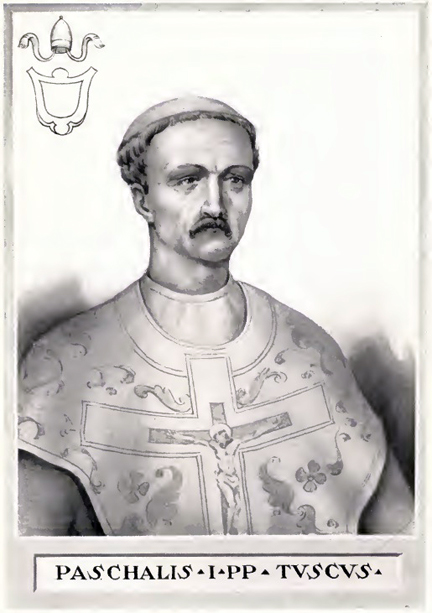| Years |
|---|
| Millennium |
| 1st millennium |
| Centuries |
| Decades |
| Years |
| 817 by topic |
|---|
| Leaders |
| Categories |
| Gregorian calendar | 817 DCCCXVII |
| Ab urbe condita | 1570 |
| Armenian calendar | 266 ԹՎ ՄԿԶ |
| Assyrian calendar | 5567 |
| Balinese saka calendar | 738–739 |
| Bengali calendar | 223–224 |
| Berber calendar | 1767 |
| Buddhist calendar | 1361 |
| Burmese calendar | 179 |
| Byzantine calendar | 6325–6326 |
| Chinese calendar | 丙申年 (Fire Monkey) 3514 or 3307 — to — 丁酉年 (Fire Rooster) 3515 or 3308 |
| Coptic calendar | 533–534 |
| Discordian calendar | 1983 |
| Ethiopian calendar | 809–810 |
| Hebrew calendar | 4577–4578 |
| Hindu calendars | |
| - Vikram Samvat | 873–874 |
| - Shaka Samvat | 738–739 |
| - Kali Yuga | 3917–3918 |
| Holocene calendar | 10817 |
| Iranian calendar | 195–196 |
| Islamic calendar | 201–202 |
| Japanese calendar | Kōnin 8 (弘仁8年) |
| Javanese calendar | 713–714 |
| Julian calendar | 817 DCCCXVII |
| Korean calendar | 3150 |
| Minguo calendar | 1095 before ROC 民前1095年 |
| Nanakshahi calendar | −651 |
| Seleucid era | 1128/1129 AG |
| Thai solar calendar | 1359–1360 |
| Tibetan calendar | མེ་ཕོ་སྤྲེ་ལོ་ (male Fire-Monkey) 943 or 562 or −210 — to — མེ་མོ་བྱ་ལོ་ (female Fire-Bird) 944 or 563 or −209 |

Year 817 ( DCCCXVII ) was a common year starting on Thursday of the Julian calendar.